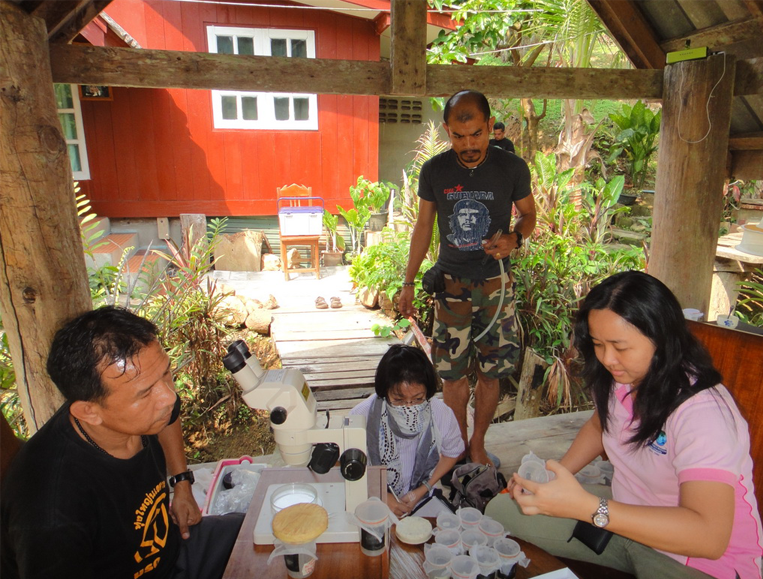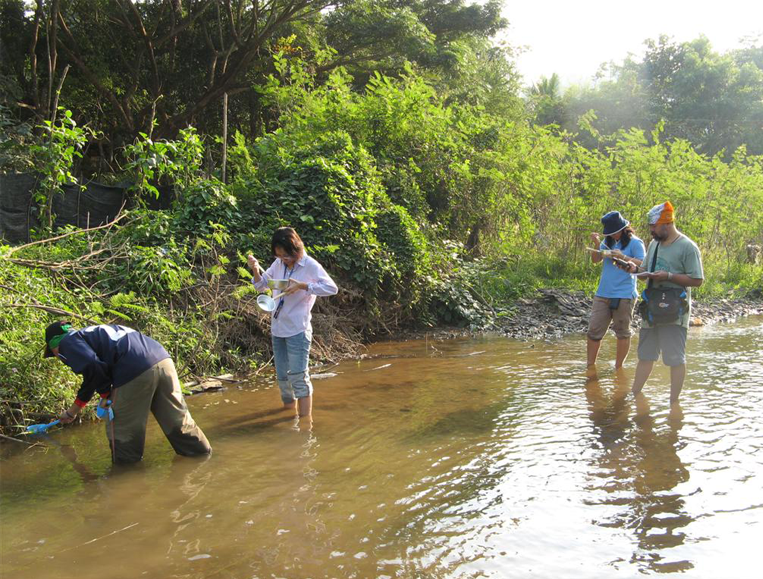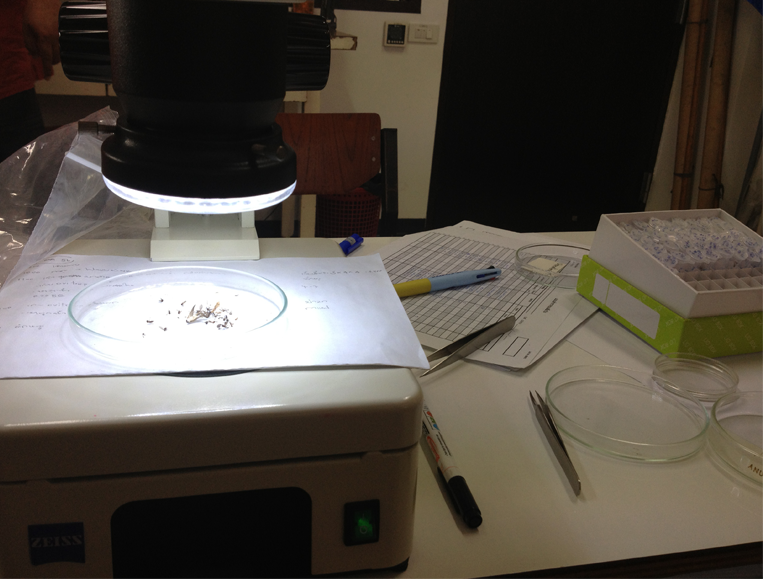
on Management of Malaria

on Management of Malaria
About Course
COURSE OBJECTIVES

To develop an understanding
of connect and major objectives of malaria vector surveilance

To design and consider
how to apply techniques of vector surveillance for evaluation and monitoring of vector control interventions

To share and address knowledge gaps
on vector surveillance from experience
COURSE STRUCTURE
The course is organized by virtual online training version through multimedia presentations and virtual laboratory demonstrations. All participants and lecturers can discuss various topics through the online platform including the Q&A chat box using ZOOM application. Training materials, handouts in the e-form will be handed to all confirmed participants at least 1 week before the start date. Training will be conducted on 1-3 Nov 2022 between 13.00-16.00 hr. in Bangkok, Thailand time. Registered participants will have their username and password to login to this training course. The certificate of attendance will be provided.

Vector surveillance concept
patterns/transmission status Importance of vector surveillance to guide vector control in malaria elimination

Malaria vector biology
how to relate the malaria transmission? Knowledge on the biology and behavior of Anopheles mosquitoes, understanding how malaria is transmitted and help in designing the appropriate surveillance strategies.

Mosquito identification
- Mosquito identification: anyone can do? Concept of mosquito identification and usage
– Playing for mosquito malaria vectors identification and data resources. Alternative way for mosquito key identification
- Geometric morphometric for mosquito identification. Rationale to select outline or points for detection/methods/interpretation
– Molecular identification for species complex of malaria vectors. Rationale to select primer for detection/methods/interpretation

Introduction of vector surveillance
– Introduction of vector surveillance, choices and selection of vector surveillance. Adult mosquito collection methods. Adult/larva sampling/HLC/animal baits/Resting collection/Exit trap collection (ETC)/ sample preservation and transportation
– Transmission intensity: how can we do? Vectorial capacity and evaluation. (Vector incrimination/abundance/feeding rate/age/parity rate/percent infection/biting indices/EIR/vector capacity and external factors
– Data collection and management. Data collection/coding/management.

Vector control monitoring by vector surveillance
– Vector control monitoring by vector surveillance. Vector community data to monitor control treatment
– Vector surveillance data base for decision making and guidance of vector control and malaria elimination
– Staffing and training for capacity building of vector surveillance









